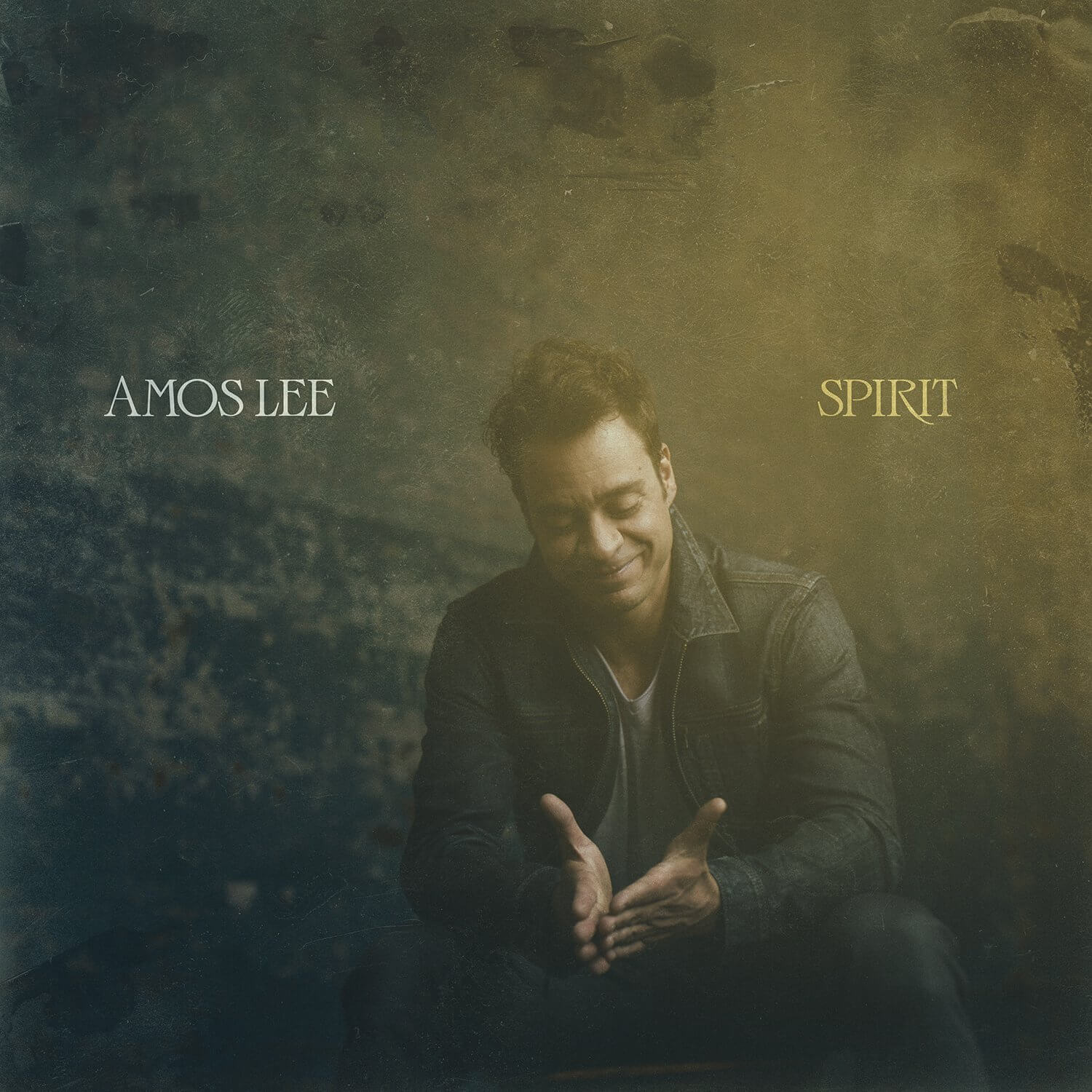
I wanted Amos Lee’s album Spirit to be a continuation of acoustic roots that could be traced back to his first album. His depth has only grown since Mission Bell. After the As the Crow Flies EP and Mountain of Sorrows, Rivers of Song, I was expecting coronation into acoustic roots musical legacy with Spirit.
What I got was a conglomerate of bloggers comparing the album to Bill Withers.
Don’t get me wrong…
Bill Withers is a certified badass. He started recording in his thirties with his pitch-perfect soulful voice that had just enough rasp to keep from sounding like a child, but kept his day job for awhile after successes because of his distrust for the music industry. He skyrocketed in popularity in the 1970s. Then walked away in 1985 after having enough of Columbia Records shit. Walked away into the sunset.
Ever play a record expecting outlaw country and getting 70s soul instead? Spirit was like that for me: I’m not mad and I definitely don’t hate it, but I was forced to change directions. It was a good move on my part.
The gem of the album: “Walls.”
Honestly, the gem of this album is one that wasn’t one of the four songs pushed out before the album’s release. So when I heard Walls for the first time, I jerked my head to the Spotify list to read the track title because Walls sounds like a signature Smokey Robinson ballad I’ve heard before. I went looking for the song, too. But, after going through 50 of Robinson’s songs just now, I can’t find it. I went deep into the B-hits as well, down to Baby, Baby, Don’t Cry, My Girl Has Gone, and the like but couldn’t find it.
Walls feels like the kind of song Smokey Robinson always meant to write. Okay, I mean, Smokey wrote, “My Girl,” for The Temptations for God’s sake, but for as incredible as his personal discography is – even when you fight through that 80’s sound someone let him try in later years – there was still that one deep, brooding ballad where his falsetto could rise up through the pain, that always felt missing. This would make a great duet for Lee and Robinson. Oooh, damn.
I feel fortunate enough that Amos sang it.
As for the song itself, Walls is a glass of Tennessee Whiskey in a small Ball mason jar, poured and drank on a west-facing, candlelit & soft-string-of-white-lights 3rd story patio while sitting in an Adirondack chairs overlooking the ocean sundown, again. Letting the past go, sip by sip and tear by tear, off the end of the earth.
Other songs that make me want to put on Repeat
Running out of time
Infectious. Uplifting – especially with the choir. Poignant. It’s the second song on the album, and I find myself waiting for New Love to end just to get back to it, which isn’t fair to New Love because New Love is actually a great song. It’s piano & jazz intro really sets the great tone for the album. So what do I do? Go back to New Love to give it a fair shake. And the pattern repeats.
Uplifting?
Well, uplifting as much as one can get used to the fact that they’re never getting the days spent back, that one’s youth was already wasted, and that the days are only going to get physically harder.
Lightly
It’s a nice change-of-pace inverse on the album that keeps the “learning to love the freedom of what I can do when being alone,” vibe that “Spirit” seems to embody.
One Lonely Light
Once again, makes you feel like church, the feeling that we’ve all been alone and that we might not make it back home. Not that we’re alone, but that someone’s been where you are and letting you know that you’ll be able to make it with the help of that One Lonely Light.
There really is no skippable song on “Spirit”, but there is a slow burner: Vaporize
I know, it was the first song released off the album. It had the biggest push. But I didn’t get it. I mean, I thought the concept of “Vaporize” was cheesy when I first heard it. It’s probably because I watch too much Sci-Fi so I felt that vibe. It took hearing Lee in interviews discussing what the song meant on NPR’s World Cafe that made me get a deeper, metaphysical understanding for the expression (about 9:30 in):
Once I learned more about the depth behind the concept, I learned to appreciate the song much more. I even found myself dancing to it just now while making a sandwich in the kitchen.
As for the title track, “Spirit“
I don’t know if it’s because him and I are only a couple years apart in age and everything he writes about in this album are still fresh, past experiences to me or if, eventually, everyone who loves music with American roots finds themselves face-to-face with the essence of New Orleans and are forced to come clean to her, or both, but eventually, everyone either learns to appreciate or forcefully deny the moments left in life. Every moment becomes more and more fleeting with every second spent, realizing no one ever gets to live those stages again.
Those who force it down usually become consumed by it. Those who accept it learn to slide down more gracefully. The rest hover, tethered to both, which might be the worst position.
I’m told New Orleans will do that to you.
From what I can tell, he captures his moment of truth in New Orleans in the title track, as well as the album, Spirit.
Would I listen to “Spirit” again?
I listened to it 10-15 times before writing about it. I’m listening to it for the 3rd time today alone. Yes.
I’ll admit, I liked the acoustic renditions of the songs more than the full band singles. Though, over time, I grew to like the band’s sets equally as much, especially when it was a part of the song.




Leave a Reply
You must be logged in to post a comment.